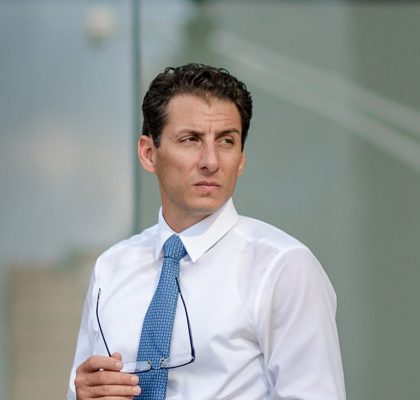JOHN MACKENZIE is a shareholder and member of our Complex Litigation and Risk Advisory group. He enforces and defends clients’ interests in business and real estate litigation involving breaches of contracts, business torts, shareholder oppression claims, supplier issues, construction agreements, real estate commission disputes, land use and zoning issues, and related matters. In the employment arena, John represents clients in litigation regarding employment agreements, non-competition and non-solicitation provisions, trade secret misappropriation, and other workplace disputes.
An experienced trial attorney, John regularly practices in state and federal courts. He also counsels businesses through inspections conducted by the Department of Homeland Security and frequently lectures on the topic as well.
John graduated cum laude from the Western Michigan University Thomas M. Cooley Law School where he served as associate editor of the Cooley Law Review. John clerked for the Honorable Richard Caretti of Macomb County Circuit Court. He is admitted to practice law in Michigan and in the U.S. District Court for the Eastern District of Michigan, and he is a member of the Macomb County and Oakland County Bar associations.
John was included in the 2022 edition of the Best Lawyers: Ones to Watch in America for his work in Commercial Litigation, Real Estate Litigation, and Real Estate Law. He was selected by Michigan Lawyers Weekly for inclusion in their 2022 class of Up & Coming Lawyers. The publication’s annual award recognizes lawyers in their first ten years in practice who have established themselves by displaying the ambition, drive, and accomplishments that distinguish them from their peers.


